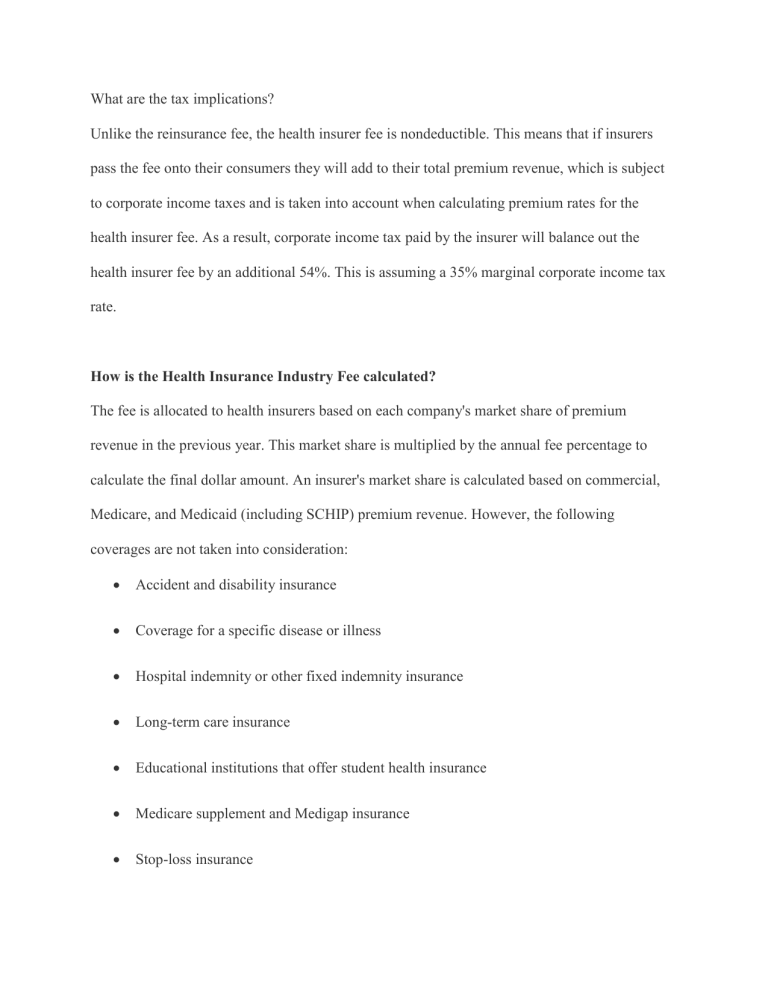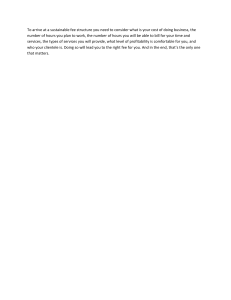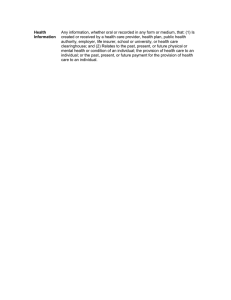
What are the tax implications? Unlike the reinsurance fee, the health insurer fee is nondeductible. This means that if insurers pass the fee onto their consumers they will add to their total premium revenue, which is subject to corporate income taxes and is taken into account when calculating premium rates for the health insurer fee. As a result, corporate income tax paid by the insurer will balance out the health insurer fee by an additional 54%. This is assuming a 35% marginal corporate income tax rate. How is the Health Insurance Industry Fee calculated? The fee is allocated to health insurers based on each company's market share of premium revenue in the previous year. This market share is multiplied by the annual fee percentage to calculate the final dollar amount. An insurer's market share is calculated based on commercial, Medicare, and Medicaid (including SCHIP) premium revenue. However, the following coverages are not taken into consideration: Accident and disability insurance Coverage for a specific disease or illness Hospital indemnity or other fixed indemnity insurance Long-term care insurance Educational institutions that offer student health insurance Medicare supplement and Medigap insurance Stop-loss insurance The percentage of net premiums taken into account is determined by certain dollar thresholds. For example, net premiums under $25 million will have 0% taken into account, while those amounting to $25 million—$50 million will have 50% taken into account. Businesses with more than $50 million will have the entire amount (100%) taken into account. This is to ensure a lower health insurer fee for smaller businesses.



